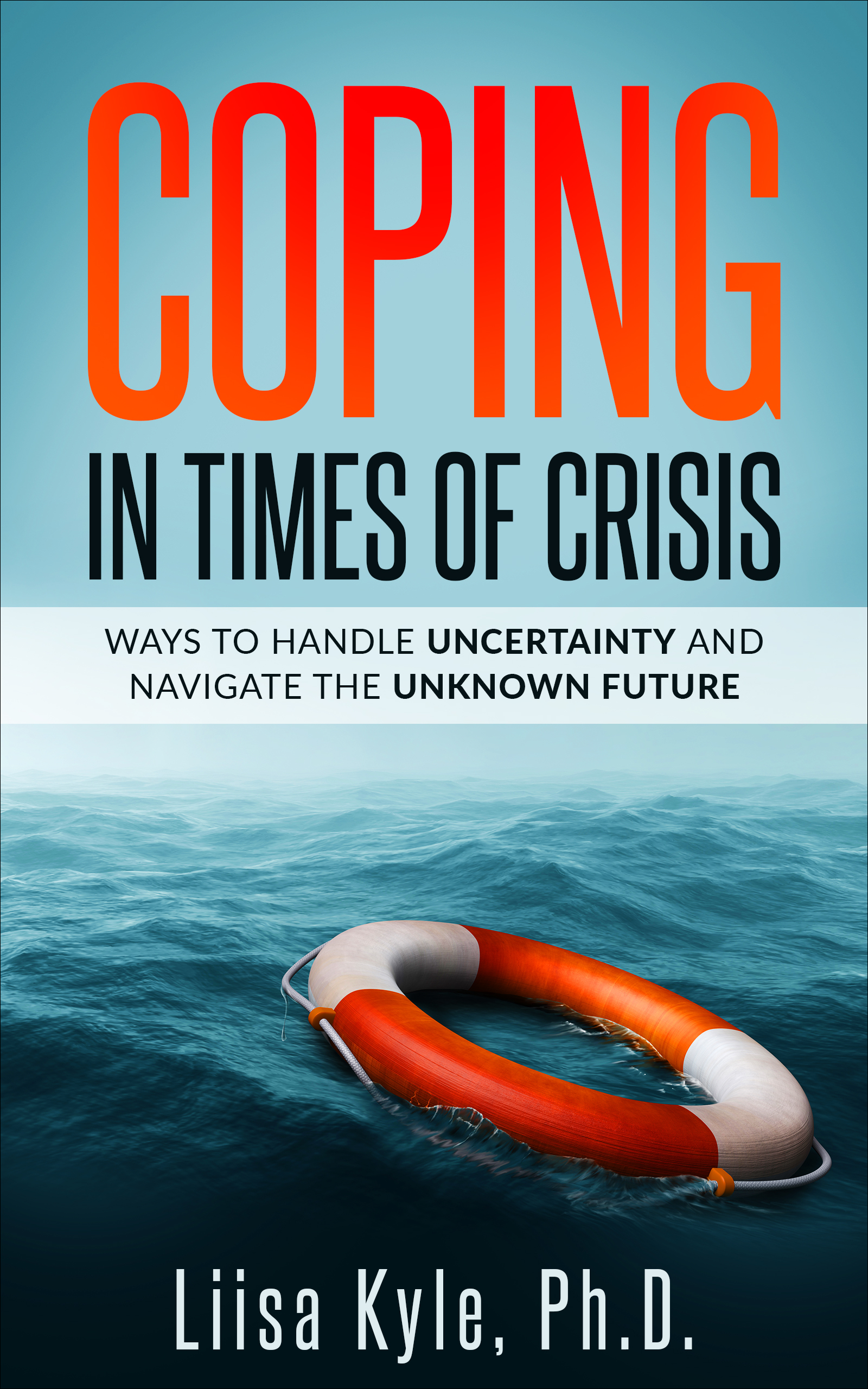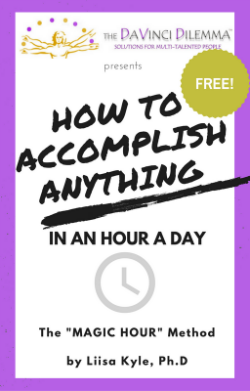
Richard Webb / Open road, B6355, via commons.wikimedia.org
The first week on a major projects is like love — exciting and new. Your motivation is sky high. Maybe the second week too. But if you’re working on a major project over a long period of time, you are likely to find your motivation flagging at some point. It can be difficult to chip away at a major opus for an extended period of time. Especially when it’s hard to see much progress. “What’s the point?” we may wail. “I’ve been working diligently on my novel all year but it’ll be years before it’s published.” Here’s are some proven ways to stay motivated on long-term major projects:
Tip #1: Set Smaller Goals
It will take a while before you can check off a major project like ‘Write Opera’ on your To Do list. It can be demoralizing looking at ‘Write Opera’ for weeks or months or years as it fades on your white board. But what if your goal was ‘write at least one song a week’ or ‘devote at least two hours of composing per day’. Rather than thinking about the end product of your major project — which might be years away — you can boost your motivation by focusing on what you can do in the short-term.
Note that you need to pick manageable, doable regular goals that fit your particular situation — something that’s intrinsically motivating to you. Some people work best using quotas – targeting a particular task each day or week (e.g. I will develop and test at least three new recipes every week). For others, it’s better to assign a minimum time period devoted to a particular activity. (e.g. I will practice piano at least an hour a day, at least five days a week).
Note that these goals use the phrase ‘at least’. This is a way of delineating the minimum you reasonably expect to accomplish, while still inviting you to do more should you feel called to do so. The purpose here is to stay motivated to meet (or exceed) your goals consistently over time — so you can maintain your motivation and make real, steady progress on your major project.
Tip #2: Reward Yourself
Allow yourself a pleasant treat for every day or week you keep to your gameplan. It doesn’t have to cost money. It might be something like ‘go to the beach and read’ or ‘call a friend’. Go ahead and generate a list of ‘treats’ you enjoy that fit your budget. Now schedule them into your week, contingent on accomplishing your small goals for that week. This way, you’ll build motivation into your daily or weekly activities.
The trick here is to actually reward yourself for doing what you set out to do that week. And every week. That’s an order. If you skip the treats you’ve earned, your motivation will wither.
Tip #3: Mark Milestones
If your major project is to ‘become a working actor’, for example, there are a lot of milestones you can identify along the way. To the extent that you acknowledge each milestone you accomplish, the path towards your goal will be more motivating. For example, you could earn treats for ‘taking acting classes’, for ‘volunteering on student films’, for ‘volunteering in stage plays’, for ‘creating your reel’, for ‘querying at least five agents or managers per week’, for ‘signing with an agent or manager’, for going on at least three auditions per week’, for ‘getting a callback’ and for ‘being hired for a gig’.
Again, the trick here is to actually reward yourself for your accomplishments along the way — each time you reach or complete a milestone. This might be difficult for those who are perfectionists or particularly driven or otherwise hard on themselves. But without truly acknowledging and rewarding your milestones, your motivation will suffer, your progress will slow and your major project will become unpleasant, joyless and jeopardized.
Tip # 4: Use what has motivated you in the past.
Barbara Sher advocates this technique. Ask how have you motivated yourself on major projects in the past? Whoever you are, you’ve accomplished some kind of long term project. Maybe you graduated school. Perhaps you lost some weight or learned a new skill. Whatever you did then to stay motivated or to boost your motivation, how can you apply it to your current major project?
Some of us enjoy crossing things off our To Do list. I’ve known University professors who gave themselves gold star stickers for every hour spent writing. Jerry Seinfeld marks an ‘X’ on his calendar for every day he writes a joke. His motivation comes from a fervent desire to keep the chain on ‘X’s’ intact for as long as possible — to never break the chain.
Tip #5: Keep your Eyes on the Prize
Sometimes we need to remind ourselves about the big picture: what are we really up to – and why are we tackling this major project anyway?
It’s also helpful to ask what practices or habits will increase your motivation over time? Some people like making collages or collecting relevant objects into erstwhile ‘shrines’ that represent their project, then having them handy as a visual reminder. Others like composing songs as an auditory prompt. What would work for you? What would you enjoy making and having handy?
Some enjoy meditating on the big picture, visualizing a successful outcome in great detail, whatever the major project might be – a book, an opera or a life as a working actor.
***
Activity: Pick a major project. Something you’d like to work towards, over the long term.
1. What are reasonable daily or weekly goals you could reasonably accomplish on this major project?
2. How could you reward yourself for accomplishing these small goals? Pick things that you really enjoy, that you really will do, that fit in your budget and lifestyle.
3. How have you motivated yourself on long-term major projects in the past? What practices or habits have increased or sustained your motivation?
4. How can you apply those techniques to your current major project?
Activity: Take five minutes to visualize your long-term major project. Imagine a successful outcome, in great detail.
Activity: Create something to represent your overall major project – it could be a collection of objects or a collage or a song or something else. What would work for you? What would you enjoy making and having handy? Whatever you create, keep it near you to keep yourself focused on your overall project.
***
 For more, check out my book YOU CAN GET IT DONE: Choose What to do, Plan, Start, Stay on Track, Overcome Obstacles, and Finish
For more, check out my book YOU CAN GET IT DONE: Choose What to do, Plan, Start, Stay on Track, Overcome Obstacles, and Finish
***
If you’d like to share or publish this article, you may, if you include the author’s name, a link to this original post and the following text blurb:
Are you struggling with too many talents, skills, ideas? You may have The Da Vinci Dilemma™! Find tools, fun quizzes, coaching, inspiration and solutions for multi-talented people at http://www.davincidilemma.com/.



